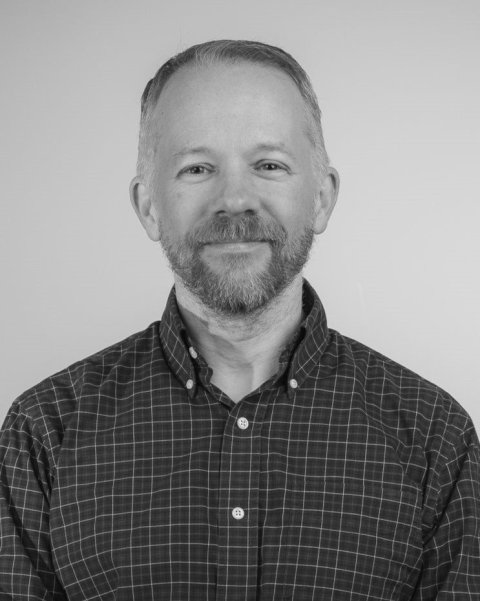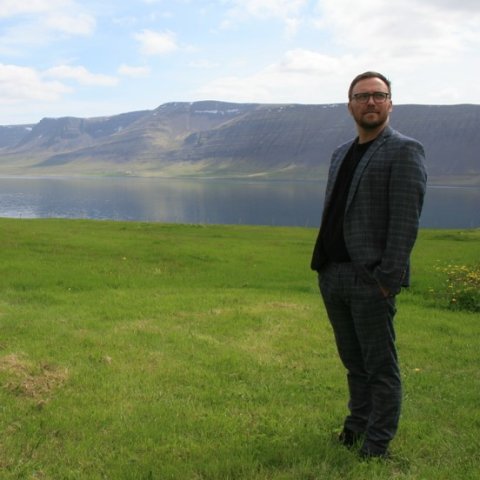Hér má nálgast námskeiðslýsingar allra námskeiðanna sem í boði eru. Einnig má sjá skipulag námsins í sameiginlegri kennsluáætlun Sjávarbyggðafræði og Haf- og strandsvæðastjórnunar.
Námskeiðin uppfylla kröfur ýmissa stéttarfélaga um námsstyrki. Vor- og sumarannir eru tilvaldar fyrir háskólanemendur sem vilja stytta námstímann í reglubundnu námi.
Fyrirspurnir sendist á kennslustjóra Háskólaseturs.
Hagnýt aðferðafræði
- Spring 2026
- Kennarar: Dr. Brack Hale / R. Morgan Greene / Dr. Matthias Kokorsch
Um námskeiðið
Í námskeiðinu öðlast nemendur þekkingu, leikni og hæfni í hagnýtum aðferðum. Á námskeiðinu er farið yfir helstu aðferðir sem notaðar eru í sjávartengdum fræðum og unnið með efnivið líkt og sýnatöku, gagnasöfnun, úrvinnslu og túlkun. Styrkleikar og takmarkanir viðeigandi aðferða eru ræddir. Námskeiðið samanstendur af gestafyrirlestrum þar sem kynntar verða aðferðir sem notast er við á þessu sviði. Þar að auki verður fjallað um tengsl aðferðafræði og fræðilegra viðfangsefna. Í verklegum tímum ræða nemendur rannsóknargreinar í tengslum við sjávartengd fræði sem og aðferðir. Á námskeiðinu öðlast nemendur færni í að beita ólíkum aðferðum og verkfærum til að stýra vísindalegum og vönduðum könnunum.
Kennarar
is the Academic Director of the Coastal and Marine Managment program at UW.
Brack holds a Ph.D. in Land Resources from University of Wisconsin-Madison and a M.E.M. degree in Water Resources from Duke University. Before joining us at UW, he was a full professor of Biology and Environmental Science, and division chair of the Division of Environment, Math, Psychology, and Health at Franklin University Switzerland. He also served as interim Dean of Academic Affairs for one semester before coming to UW.
Dr. Hale has extensive experience in academic administration, curriculum development, teaching and quality assessment, as well as leadership and management. He has been engaged in various collaborations with UW since 2014, bringing student groups and spending a semester on sabbatical at here in 2017.

R. Morgan Greene is the Academic Director of the masters' program in Coastal Communities and Regional Development. He holds an MSc in Energy Science from Reykjavík University and is a doctoral candidate in the Department of Business and Economics at Reykjavík University. Morgan Greene's research interests include public perception, the politics of the energy transition and participation in energy markets. Prior to his job as Academic Director, Morgan Greene worked as a program and development manager for the Iceland School of Energy at Reykjavík University

is a Research Specialist and Project Leader at UW, working on the projects LostToClimate and ARHAIC.
My main current research interests include community resilience, regional development, particularly in sparsely populated regions, structural changes of old-industrial areas, and resource management in combination with aspects of justice and decision-making processes.

Kennsluskrá
Að námskeiði loknu skal nemandi:
- þekkja og geta útskýrt algengar rannsóknaraðferðir innan sjávartengdra fræða.
- geta undirbúið, framkvæmt og túlkað kannanir og viðtöl.
- geta greint viðeigandi aðferðir til að takast á við ólíkar rannsóknarspurningar og aukið gæði rannsókna.
- geta greint takmarkanir í framkvæmd rannsókna og aðferða.
- geta greint frá og gagnrýnt ríkjandi rannsóknaraðferðir innan sjávartengdra fræða.